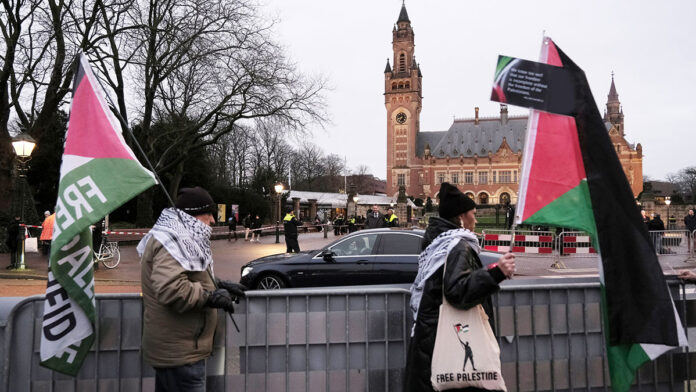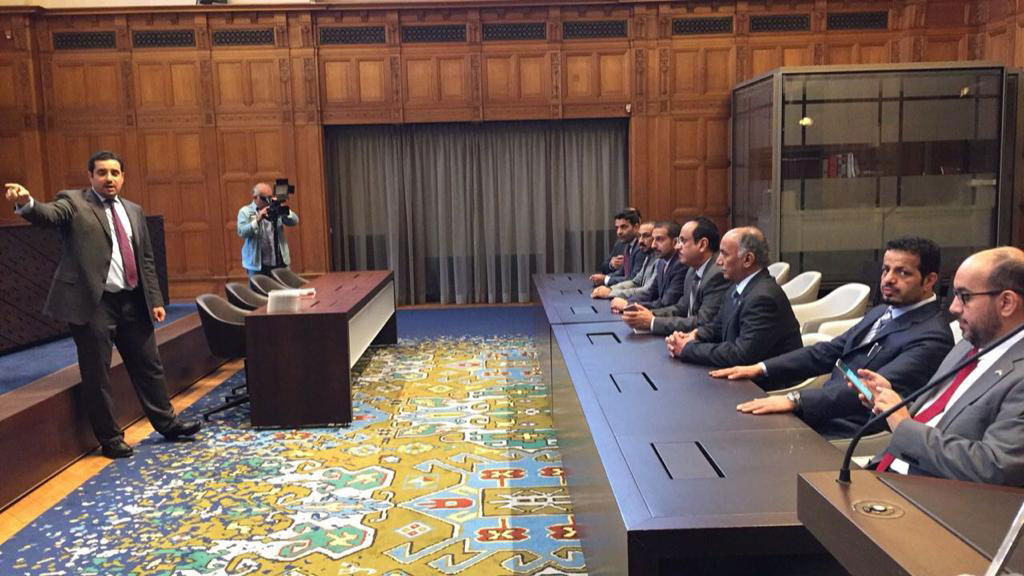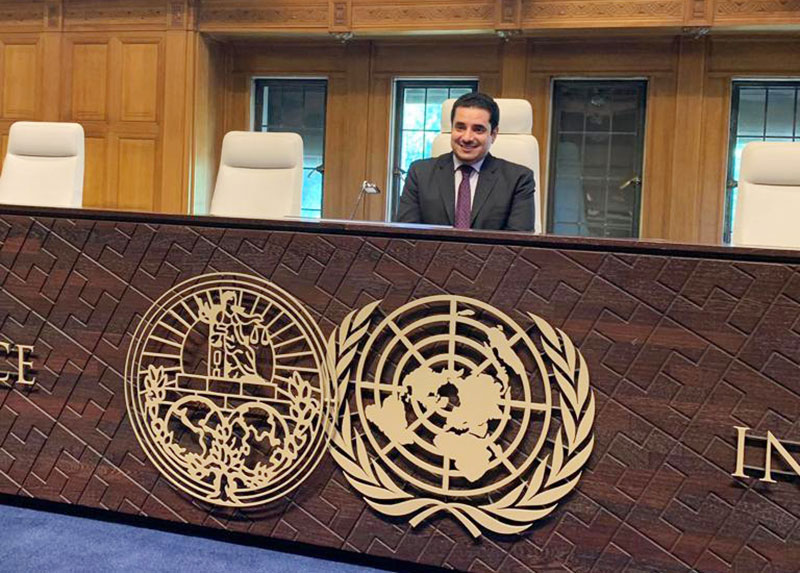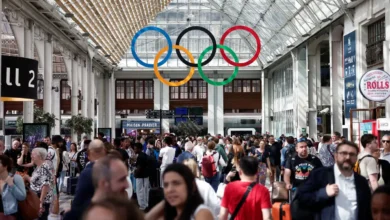The decision of ICJ will be a test for humanity

The decision of the ICJ will be a gamechanger for Palestine
Israel and South Africa have each made their cases in public hearings at the International Court of Justice (ICJ last week (January 11, 12, 2024). Now that the public hearings are over, what can we expect next? And how long will we have to wait for any outcomes?
In a matter of weeks “provisional measures” will take priority over all the cases and a decision is expected to be taken. The decisions of the ICJ are binding upon countries and cannot be appealed. However, the ICJ has no way of enforcing its rulings and they are sometimes completely ignored.
In its filing to the ICJ, South Africa asked for the court to issue several orders to be placed upon Israel. These include having Israel “immediately suspend” its Gaza offensive, stop forced displacement of Palestinians in the territory and enable humanitarian access, as well as preserve evidence.
The ICJ can order all of the measures requested by South Africa. It could also decline to order anything. It could order something completely different, or even decide it is not competent to judge.
After the court decides whether or not to apply emergency measures, it will then look at the broader case “on the merits” – South Africa’s charge that Israel is in breach of the UN Genocide Convention. A ruling of the broader case “on the merits” on the other hand will probably take several years.
 It is important to note that the ICJ rules on questions of state responsibility—that is, on when a state has violated a rule of international law or an international legal obligation. It is not a criminal court. It does not decide, for example, on individual criminal responsibility.
It is important to note that the ICJ rules on questions of state responsibility—that is, on when a state has violated a rule of international law or an international legal obligation. It is not a criminal court. It does not decide, for example, on individual criminal responsibility.
A different, unrelated court in The Hague, the International Criminal Court (ICC), serves this function, and South Africa, with other like-minded states, has already referred the situation in Gaza to it for investigation. While the ICC was set up to investigate and prosecute individuals at the highest levels who are accused of planning and directing war crimes, the ICJ exists to peacefully settle disputes between nations.
The ICJ proceedings allow South Africa to make a clear statement in an official venue about Israel’s actions in Gaza: that there is international support for Palestinians and that the past three months of relentless bombardments, as well as the denial of access to the necessities of life, is an urgent matter of international concern.
But what does South Africa have to do with what is happening in Gaza? South Africa’s ruling African National Congress has long shown its support for Palestinians and backed their right to self-determination, considering them to be subject to a long-standing regime of apartheid, like South Africa was.
The Genocide Convention also allows any state party to bring a case against another state party to the ICJ on issues including responsibility for genocide, conspiracy to commit genocide, or attempt to commit genocide. The ICJ in the past confirmed this in a case brought by The Gambia, which accused Myanmar of committing genocide against the Rohingya population.
I recall during my tenure at The Hague a case was instituted by The Gambia in November 2019, with provisional measures hearings in December of that year. On 16 October 2023, the ICJ issued another order for The Gambia to submit its Reply to arguments made by Myanmar by 16 May 2024 and for Myanmar to submit a Rejoinder – its response to The Gambia’s Reply – by 16 December 2024.
This is one example of the timeline that is expected to take for the South Africa vs Israel case. Similarly the question remains: what will be the content of the decision? Will something similar to that issued for Russia and Ukraine to stop the fighting? Or will it relate to the entry of humanitarian aid?
The ICJ by Order of March 16, 2022, had already indicated among its provisional measures that “the Russian Federation shall immediately suspend the military operations it began on February 24, 2022 in the territory of Ukraine”. Russia did not accept this order, and raised “preliminary objections” to the Court’s jurisdiction and the inadmissibility of the application.
The hearings are ongoing and expected to take a long time to get a conclusive judgement
Unsurprisingly, the response from many states to this case has been divided. On the same day South Africa filed its application, the Palestinian Authority’s foreign ministry welcomed the case and called for the international community to support the proceedings.
Besides the Organisation of Islamic Cooperation was similarly supportive, calling on the court to “take urgent measures to stop this mass genocide.” UN human rights experts also welcomed the case and praised South Africa “for bringing this case to the ICJ at a time when the rights of Palestinians in Gaza are being violated with impunity.”
Formal declaration to intervene on the side of South Africa have so far been filed by Malaysia, Turkey, Jordan, Bolivia while countries such as Maldives, Pakistan, Namibia have expressed interest. Kuwait along with many more countries are expected to join the side of South Africa in the coming weeks.
Israel, of course, also has its strong supporters. Germany, one of Israel’s closest European allies, has called the claim that Israel is committing genocide false and said it is not covered by the Genocide Convention. Hungary has also expressed its opposition to the case. The United States, for its part, has said the allegations against Israel “are unfounded” and called the submission at the ICJ “meritless, counterproductive, and completely without any basis in fact whatsoever.” It has been reported that UK Foreign Secretary David Cameron said that he did not think the case at the ICJ was helpful and that the United Kingdom’s view is that “Israel has a right to defend itself.”.
Whatever the outcome this will be the first time the ICJ will play out as a case where Israel, stands as a defendant before the world’s most important court. The outcome of this case could set a precedent, opening the way for multiple cases in the future, both individually and collectively, for Israel’s victims. More importantly, a ruling in favor of South Africa will force the ICC to step in and look into what Israeli soldiers, officers, and politicians have done, or even said, to instigate what much of the rest of the world already defines as genocide.
Tareq Yousef AlShumaimry, served as Chairman of the Finance Committee and Chairman of the General Budget Committee of the Permanent Court of Arbitration in The Hague (PCA) and an observer in the 124th Administrative Council of the Court and the Consular at the Embassy of the State of Kuwait in the Netherlands during this period from 2013 to 2020.
Email: tareq@alshumaimry.com















